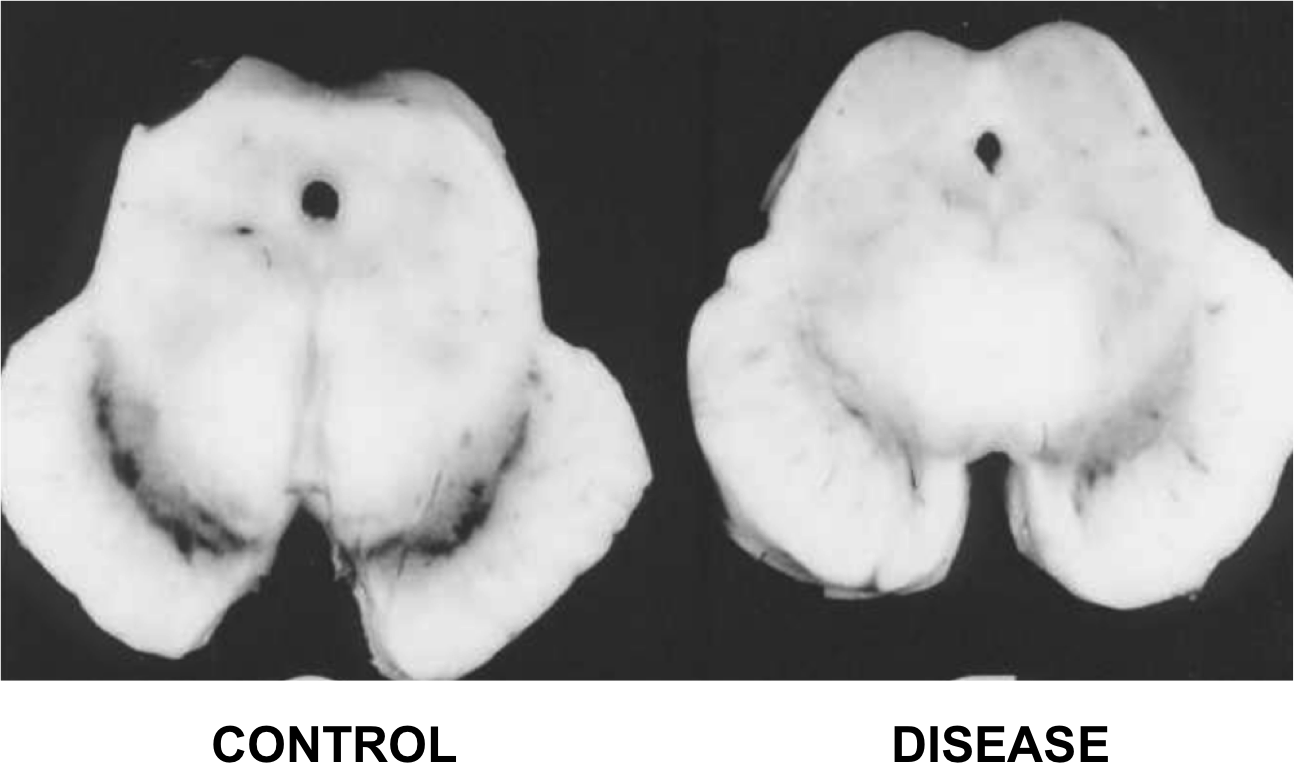There has been quite a lot of interest in the role of uric
acid in Parkinson's Disease. Uric acid is a by-product of normal cell function,
and a normal part of urine. In medicine uric acid is well recognised for its
role in gout, where high levels in the blood lead to joint swelling and pain.
However, in Parkinson's Disease, uric acid seems to have a
protective value. The study I've looked at here took 200 Koreans who had newly
been diagnosed with Parkinson's, testing their thought processes as well as
smell and uric acid levels in the blood. They found that there was a
significant link with uric acid - higher levels were associated with better
scores on tests of cognitive function.
| from nhsdirect.wales.nhs.uk |
 |
| from memorangapp.com |
vs
Does this mean that uric acid is somehow neurologically
protective? This study looks at one point in time, but in large groups where
uric acid has been measured and the participants followed up for diagnosis of
Parkinson's, those with higher levels are less likely to go on to develop the
disease. Recent findings have suggested that uric acid is particularly
associated with those who have cognitive problems, who tend to have more severe
disease.
Other possibilities are that there are other factors related
to both urate levels and risk of parkinson's - for example diet or smoking, or
that lower urate levels could be caused by the disease itself.
However, this is a promising avenue and a good example of
how potential treatments can result from studies looking at risk factors. A
trial with a drug designed to increase urate levels, Inosine, has so far shown
that it is effective and safe, although will require close monitoring for the
known side effects of high urate. I will
be particularly interested to see how this drug affects thought processes as it
is studied further.
-Anna
Cognition, Olfaction and Uric Acid in Early de novo
Parkinson's Disease.
Lee HR, Park JH, Han SW, Baik JS
OBJECTIVE: Cognitive impairment is one of the nonmotor
symptoms in Parkinson's disease (PD), and olfactory dysfunction is used as a marker
to detect premotor stages of PD. Serum uric acid (sUA) levels have been found
to be a risk factor for PD. Our objective in this study was to examine whether
sUA levels are associated with cognitive changes and olfactory dysfunction
in early de novo PD patients.
METHODS: The study participants included 196 de novo PD
patients. We assessed cognitive function by the Korean versions of the Mini-Mental
State Examination and the Montreal Cognitive Assessment and assessed olfactory
function by the Korean version of the Sniffin' Sticks test.
RESULTS: The mean sUA level was 4.7 mg/dL and was
significantly lower in women than in men. Cognitive scores were lower in women,
suggesting that sUA levels were related to cognitive function. The olfactory functions
were not related to sUA level but were clearly associated with cognitive scores.
Olfactory threshold, odor discrimination, and odor identification were all
significantly related to cognitive scores.
CONCLUSION: We conclude that lower sUA levels were
associated with cognitive impairment, not olfactory dysfunction, in de novo PD
patients. This finding suggests that UA is neuroprotective as an antioxidant in the
cognitive function of PD patients.
The use of olfactory dysfunction as a measure cannot be relied upon because the olfactory deficit in PD can be reversed. Taking a mix of food additives and supplements can improve olfactory sensitivity and also improve writing, speech, gait and balance.
ReplyDelete